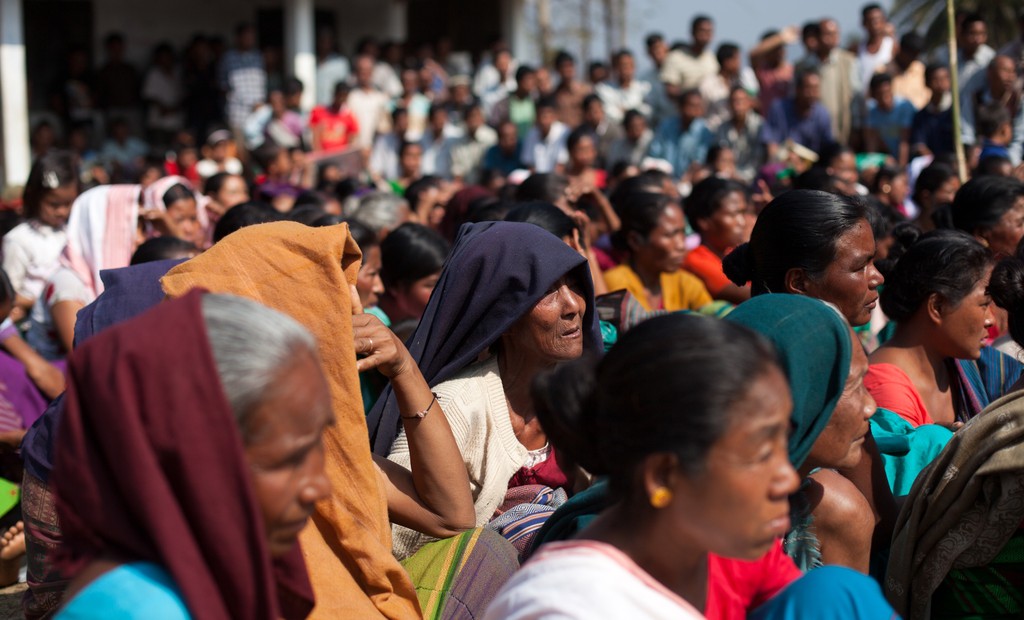“You will hear and you will be told, that the face you burned is the face I love now.” Thus go the defiant lines of a poem written by Laxmi, an acid attack survivor. Laxmi has become, quite literally, the face of the campaign against acid attacks on women in India, having successfully managed to petition the Supreme Court to regulate the sale of acid and to make prosecution in acid attack cases easier. Laxmi was recently conferred the International Women of Courage Award by the US Department of State. She received the award from US First Lady Michelle Obama.
Last year, the award was given posthumously to Nirbhaya, the 23-year-old braveheart who was brutally gang-raped on a moving bus in Delhi on 16 December 2012. The Nirbhaya gang rape was a landmark incident of sexual violence against women in India and had triggered widespread protests across the country. It had also sparked off a discourse on sexual violence, subsequently leading to changes in legislation on crimes against women. However, increasing reports of such crimes point towards the severity of the problem and how little has changed since the incident.
A look beyond India at the larger South Asian region brings to the fore the shared reality of the diverse forms of violence that women continue to face all over the world, whether it be in situations of armed conflict, post-electoral violence, caste and communal tensions or even within the “protected” spaces of their homes.
At a recent meeting organised by the International Development Research Centre (IDRC), the South Asia Forum for Human Rights (SAFHR) and UN Women, an eclectic and vibrant gathering of women from the South Asian region put the focus back on the most basic struggle women encounter across countries and communities — the right to be seen and heard as equals. The women raised a common voice against the background of their shared South Asian identity and solidarity to bring to the fore a plethora of issues that feminist and women’s rights activists encounter in an increasingly militarised and securitised world. The voices were local even as the issues had a regional and global resonance. Expressing concern over the escalation of sexual violence, women scholars, politicians and activists at the meeting championed the inclusion of women in decision-making and attentiveness to the “seduction of tokenism”.
The International Committee of the Red Cross (ICRC), too, is committed to reinforcing its response to sexual violence in situations of armed conflict and its invisibility due to taboos and stigma faced by survivors of this form of violence, mostly women. Acts of sexual violence in armed conflict and in other situations of violence have severe and enduring consequences on survivors and their communities. And even though these acts constitute violation of International Humanitarian Law (IHL), their perpetration remains widespread across the world.
The ICRC, over the years, has been using the occasion of International Women’s Day to draw attention to the specific concerns of women in armed conflict. In 2013, the focus was on the plight of women in prison. This year, the ICRC has chosen the theme of ‘Long-Lasting Consequences of Sexual Violence in Armed Conflict’. The aim is to spread awareness about the devastating impact of sexual violence on survivors, their families and communities, and the challenges of developing an effective humanitarian response to them.
In view of International Women’s Day, the ICRC has also released an audio-visual on sexual violence to illustrate the invisibility of such crimes. This is in line with the ICRC’s commitment to intensify its efforts to prevent such violations of IHL and to provide assistance to those affected by sexual violence.
ICRC New Delhi


